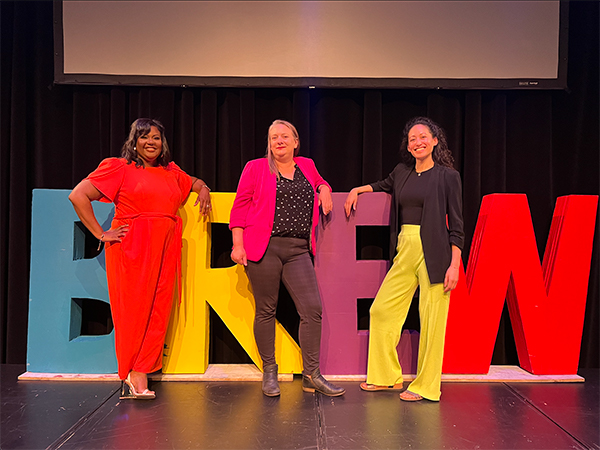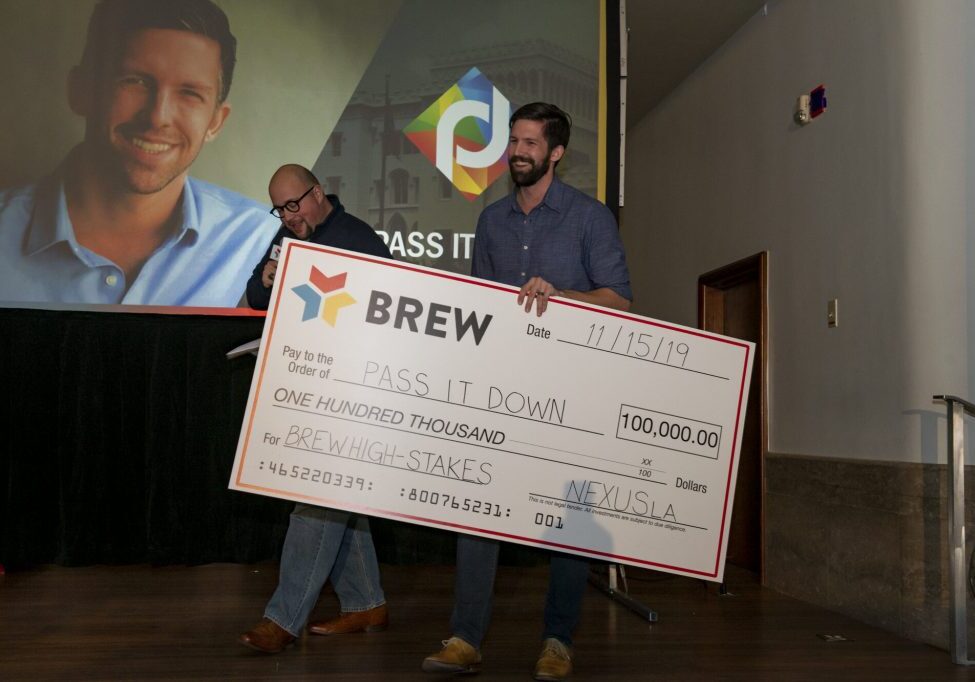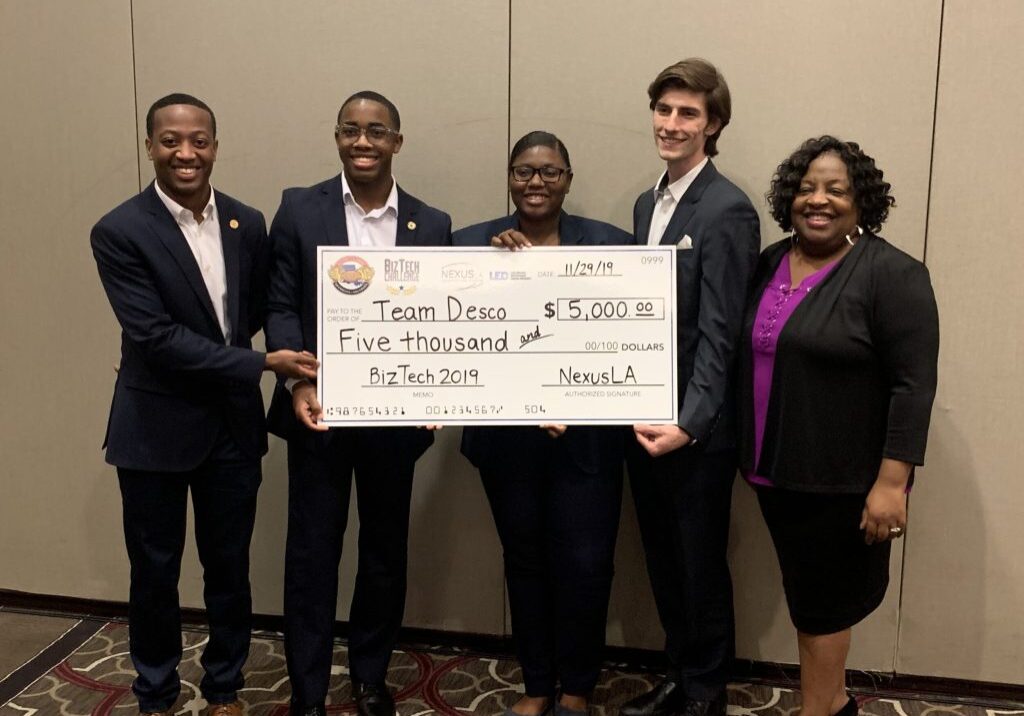Storytelling for business is more than sharing what your company is and does. It’s about pulling back the layers and connecting more deeply with employees, customers and other stakeholders.
The art and science of storytelling is something Elena Valentine knows well. Through her work as founder and executive producer of Skill Scout, Valentine has helped countless businesses tell stories that attract talent and reveal a larger purpose. During this year’s Baton Rouge Entrepreneurship Week (BREW), Valentine gave a masterclass on how entrepreneurs and small-business owners can use storytelling to showcase their brand and what they stand for.
Read on for highlights from Valentine’s session.
Storytelling Fosters Connection and Purpose
“Stories foster belonging,” Valentine says, whether you’re in business or anywhere else in life. This isn’t just a gut feeling, either — storytelling “produces oxytocin. That inevitably allows us to become more relatable to the other. We can see ourselves in that situation, we can relate more well to one another,” she says.
When you integrate storytelling throughout the business, you help employees find a deeper purpose in their work, and you showcase and celebrate your clients. For example, share stories of your company’s success and what you stand for. This tells employees and customers what you’re about and what you’re trying to be.
Stories start with founders, Valentine says. Entrepreneurs pour their entire selves, professional and personal, into the business. Build a storytelling culture within your business so other people can see your passion and how it manifests in your products and services. Start internally — when your employees emotionally connect with your stories, then your customers will, too.
“I also have a storytelling culture myself, and that it wasn’t just thinking about who was in front of that camera,” Valentine says. “I was also thinking about who was behind it and what was I doing as a leader, as an entrepreneur, to ensure that my people felt safe and celebrated to do their best work.”
Why You Should Embrace Vulnerability
Being vulnerable is scary, especially for founders who feel like the fate of their company and their family’s livelihood rests on their success.
“The heart of Skill Scout is my heart, too. And I feel like for many of us in this room, that’s really a lot of what this is for us,” Valentine says. “We pour not only our heart and soul into this. The essence of our companies are also who we are.”
This is especially true for entrepreneurs, who often feel the need to maintain a professional facade. Storytelling can help them share their “why” to connect on a personal level while keeping their professionalism intact.
Leading Skill Scout has required vulnerability in recent years as the business has transformed its work and purpose. That meant finding new stories.
“I’ve had to do a lot of that, especially in thinking, as my business has transformed, what still remains the essence? What will still remain me?” Valentine says. “And it’s also been thinking about how are we activating our employees, to also lean in to who they are.”
Creating a culture of vulnerability starts at the top. Don’t be afraid to share your struggles. While a few people might be judgmental, most will relate to you through these stories of challenging moments.
Valentine has added a daily moment for her team to discuss what they’re grateful for. Try taking a few minutes at team meetings or one-on-ones to discuss wins, struggles, ideas and more. This type of sharing allows for vulnerability, connection and great stories to emerge.
How Storytelling Drives Social Change
Storytelling not only can change businesses, but it can also transform communities. Valentine reflects on a quote from author Lynne Twist: “Business is the most powerful institution on Earth. It is more stable, responsive and responsible than governments or religious institutions. We need businesses to take responsibility for making the huge transition our people and planet require.”
Valentine asks business owners to think about how their stories can make a difference.
“We truly see the power and the impact of our business, and not just the services that we’re providing for our clients,” Valentine says. “But inevitably becoming and ensuring that we’re contributing to something that’s bigger than ourselves. And for me, what I have found was that storytelling does that. And it doesn’t just do it for our companies. It also does it for myself.”



